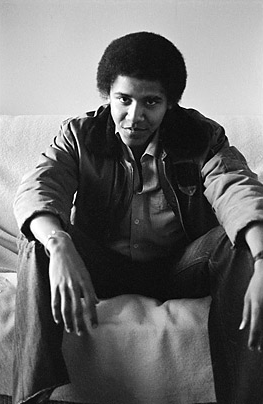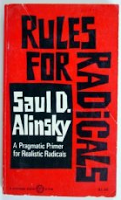There is, we like to think, solid reason for rejoicing. Prodigious efforts, by many people, are responsible for NATIONAL REVIEW. But since it will be the policy of this magazine to reject the hypodermic approach to world affairs, we may as well start out at once, and admit that the joy is not unconfined.
Let’s face it: Unlike Vienna, it seems altogether possible that did NATIONAL REVIEW not exist, no one would have invented it. The launching of a conservative weekly journal of opinion in a country widely assumed to be a bastion of conservatism at first glance looks like a work of supererogation, rather like publishing a royalist weekly within the walls of Buckingham Palace. It is not that, of course; if NATIONAL REVIEW is superfluous, it is so for very different reasons: It stands athwart history, yelling Stop, at a time when no one is inclined to do so, or to have much patience with those who so urge it.








